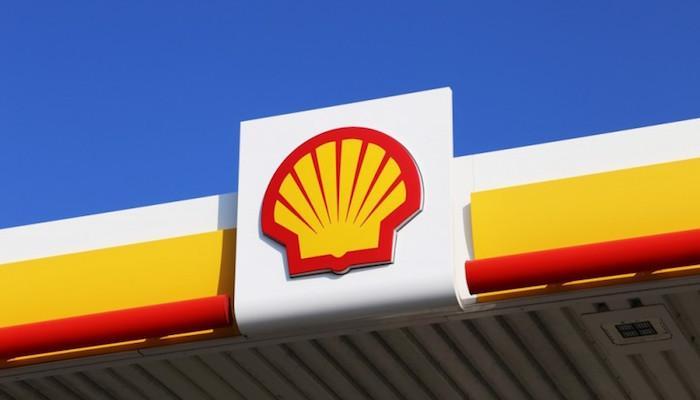Shell Nigeria Exploration and Production Company Limited (SNEPCo), a subsidiary of Shell plc, has reached a final investment decision (FID) on the $2 billion HI gas project located offshore Nigeria. The development represents a major milestone in Shell’s effort to expand its gas portfolio and reinforce its long-standing presence in the country’s energy sector.
The HI gas project, being executed in partnership with Nigeria’s Sunlink Energies and Resources Limited, is expected to deliver about 350 million standard cubic feet of gas per day at peak production, equivalent to around 60,000 barrels of oil equivalent. The gas will be supplied to Nigeria LNG (NLNG), where Shell holds a 25.6 percent stake, to support exports from the Bonny Island terminal.
Production from the HI field, situated roughly 50 kilometres offshore in about 100 metres of water, is scheduled to begin before the end of this decade. Discovered in 1985, the field contains an estimated 285 million barrels of oil equivalent in recoverable resources.
Peter Costello, Shell’s upstream president, said the investment demonstrates the company’s sustained confidence in Nigeria’s energy future. According to him, the decision, which follows recent progress on the Bonga deep-water project, reaffirms Shell’s commitment to Nigeria and its focus on integrated gas and deep-water operations.
The project is one of several landmark investments made possible by policy reforms introduced under President Bola Tinubu’s administration. Through targeted directives coordinated by the Office of the Special Adviser to the President on Energy, the government has created fiscal incentives, streamlined approval processes, and improved regulatory clarity, encouraging renewed investor confidence in Nigeria’s oil and gas industry.
Presidential Directive 40, which introduced a competitive fiscal framework for Non-Associated Gas in shallow offshore and onshore fields, enabled the HI project’s development. Special Adviser on Energy, Olu Verheijen, noted that with the Ubeta and HI gas projects now advancing, Nigeria has secured the gas supply needed to sustain NLNG’s Train 7 expansion. She said the projects will enhance the reliability of LNG exports, expand domestic LPG supply, and improve clean cooking access for millions of households, while boosting foreign exchange earnings.
The HI gas development will support the NLNG Train 7 project, designed to increase Bonny Island’s liquefaction capacity from 22 million to 30 million tonnes annually. The expansion is a key component of Nigeria’s broader strategy to grow LNG exports, attract foreign investment, and diversify revenue sources away from crude oil.
Shell’s participation aligns with its global plan to grow its LNG portfolio by 4–5 percent annually through 2030. The company considers gas a critical bridge fuel for the energy transition, producing fewer emissions than coal or petroleum products.
Infrastructure for the HI field will include a wellhead platform with four wells, a subsea pipeline to Bonny Island, and an onshore gas processing plant. Processed gas will be delivered to NLNG, while condensates will be exported through the Bonny Oil and Gas Terminal.
Under the project’s joint venture structure, Sunlink Energies and Resources Limited holds a 60 percent operating stake, while SNEPCo owns the remaining 40 percent. Analysts view the partnership as part of the growing trend toward combining international expertise with local participation in Nigeria’s oil and gas sector.
The HI project is also expected to generate significant economic benefits through job creation and local industry development, supporting the government’s local content objectives. Experts believe the project could help stabilise Nigeria’s domestic gas supply, which has struggled to meet demand amid persistent power shortages.
The investment forms part of Shell’s broader upstream and integrated gas growth strategy, which targets a one percent annual increase in production through 2030. It follows the company’s final investment decision on the Bonga North project in 2024 and its increased stake in the main Bonga field, reflecting its continued focus on offshore and gas opportunities in Nigeria.
Shell’s renewed emphasis on deepwater and gas investments marks a strategic shift toward lower-risk, lower-emission, and more sustainable projects that align with both the company’s global decarbonisation goals and Nigeria’s ambition to become a major player in the global LNG market.




